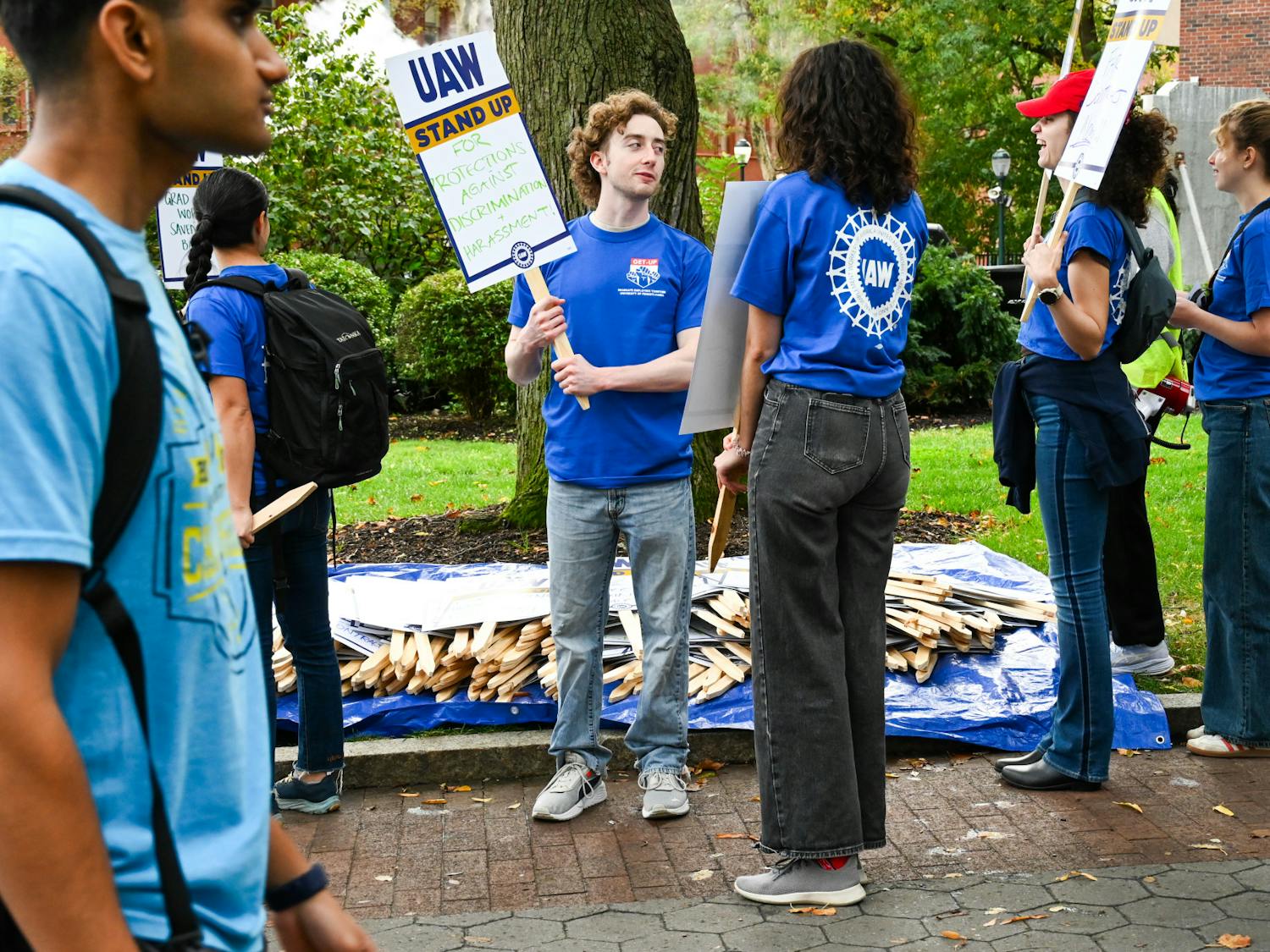A new study will attempt to determine whether people immunized against COVID-19 are still able to spread the virus to others.
The study will be conducted by PreventCovidU, a project of The COVID-19 Prevention Network that conducts research regarding COVID-19 prevention. It will include more than 12,000 college students immunized with the Moderna vaccine at more than 20 universities across the United States, The New York Times reported. The study aims to provide results that can help determine how careful vaccinated people need to be, or if they need to continue to take preventative measures, such as wearing masks, in order to effectively protect unvaccinated people. Penn is not currently involved in the study, according to PreventCovidU.
Because clinical trials of the vaccine were only designed to assess whether the vaccines prevent serious illness or death, there is uncertainty about whether or not people vaccinated against COVID-19 can be infected and transmit the virus, the Times reported.
The students will be examined by the researchers for five months, during which participants will swab their noses daily. According to the Times, the students will be selected at random to get vaccinated immediately after they are enrolled to participate in the study. The other half will be vaccinated four months later.
Currently, vaccine manufactures are collecting information on whether vaccines can thwart infection by swabbing volunteers’ noses every two weeks.
Larry Corey, an expert in vaccine development at The Fred Hutchinson Cancer Research Center in Seattle and a leader of the new study, told the Times that the biweekly nose swabbing method is ineffective in tracking all infections due to the infrequency of the testing.
“The only way you do that is by very frequent sampling, and we’re covering our bases by doing it every day,”
Corey said. “It’s going to be the most thorough look at the issue.”









